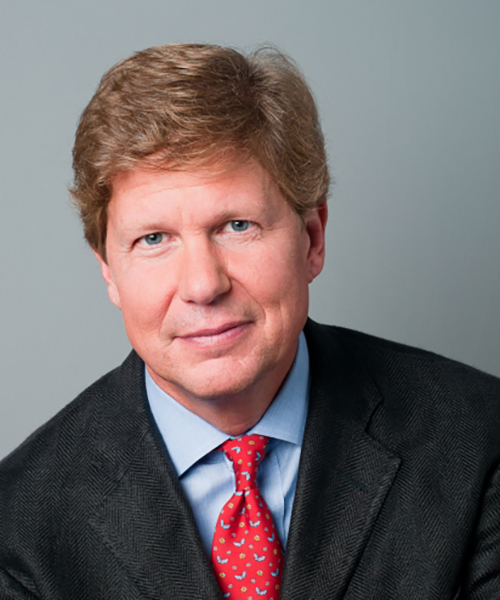Not so with sporting events. Part of the expectation at these spectacles is that the assembled congregation will rise and sing a patriotic song—one that is, by the way, virtually unsingable—or at least stand in rapt and respectful silence.
Why? I don’t know the precise origins of this custom, or why the practice has become mandatory at sporting events and not at, say, rock concerts. But a colleague tells me that it began early in the twentieth century as a way to allay popular suspicions of spectator sports. Apparently, many sporting events were marred by drunkenness and hooliganism, and team owners believed that if they could cloak the event in nationalism it would provide at least a measure of respectability and, not incidentally, boost attendance.
As sociologists say, once a precedent, twice a tradition. Over the decades, the tradition of singing the national anthem has become so ingrained in American life that few have called it into question—until somebody does call it into question, or tries to rejig the rote exercise into a higher expression of patriotism.
Colin Kaepernick’s decision to kneel during the national anthem to protest the recurrence of police brutality against people of color tampered with tradition. Donald Trump suggested that athletes who refuse to stand for “The Star-Spangled Banner” should be fired, and he made a show of singing it at a White House gathering (though he appeared not to know all of the words). The moguls who run the National Football League (which enjoys tax-exempt status, courtesy of Congress) decided that Kaepernick must pay the price for his insubordination. Kaepernick, who led his team to the Super Bowl in 2013, has by almost any measure been blackballed by the NFL. He has not played professional football since the 2016 season. When Nike introduced a new ad campaign featuring Kaepernick and his stand for conscience, angry fans destroyed their Nike gear and the company’s stock took a hit.
Judging by the reaction, you’d think that Kaepernick had committed a sacrilege. And perhaps he did. In an age when religiosity is falling, due in part to the crass politicization of faith in recent decades, sports may be America’s new civil religion. The athletic arena has become the venue where the rituals of nationalism and dissent are played out.
But something tells me this will not end well. I’ve long been suspicious of compulsory expressions of piety, whether religious or political. Some years ago, I made my only visit to Yankee Stadium. The game was a blowout, and we decided to leave in the middle of the fifth inning. As we moved toward the exits, however, we were blocked by security guards with their arms extended, gripping chains. Apparently, we had committed the unpardonable sin of trying to leave the stadium during the singing of “God Bless America.”
How is that not a form of fascism?
Perhaps it’s time to retire the practice of opening sporting events with the national anthem. If fans are so intent on expressing their nationalistic piety, let them do so spontaneously. Either that, or extend the practice of signing the national anthem prior to movies and concerts. And what about Black Friday, as shoppers crowd at stores waiting to be let into the building? Wouldn’t that be a good occasion for belting out “The Star-Spangled Banner”?
Perhaps only then will we appreciate the emptiness of the ritual, especially at a time when not all Americans experience this nation as the land of the free.

